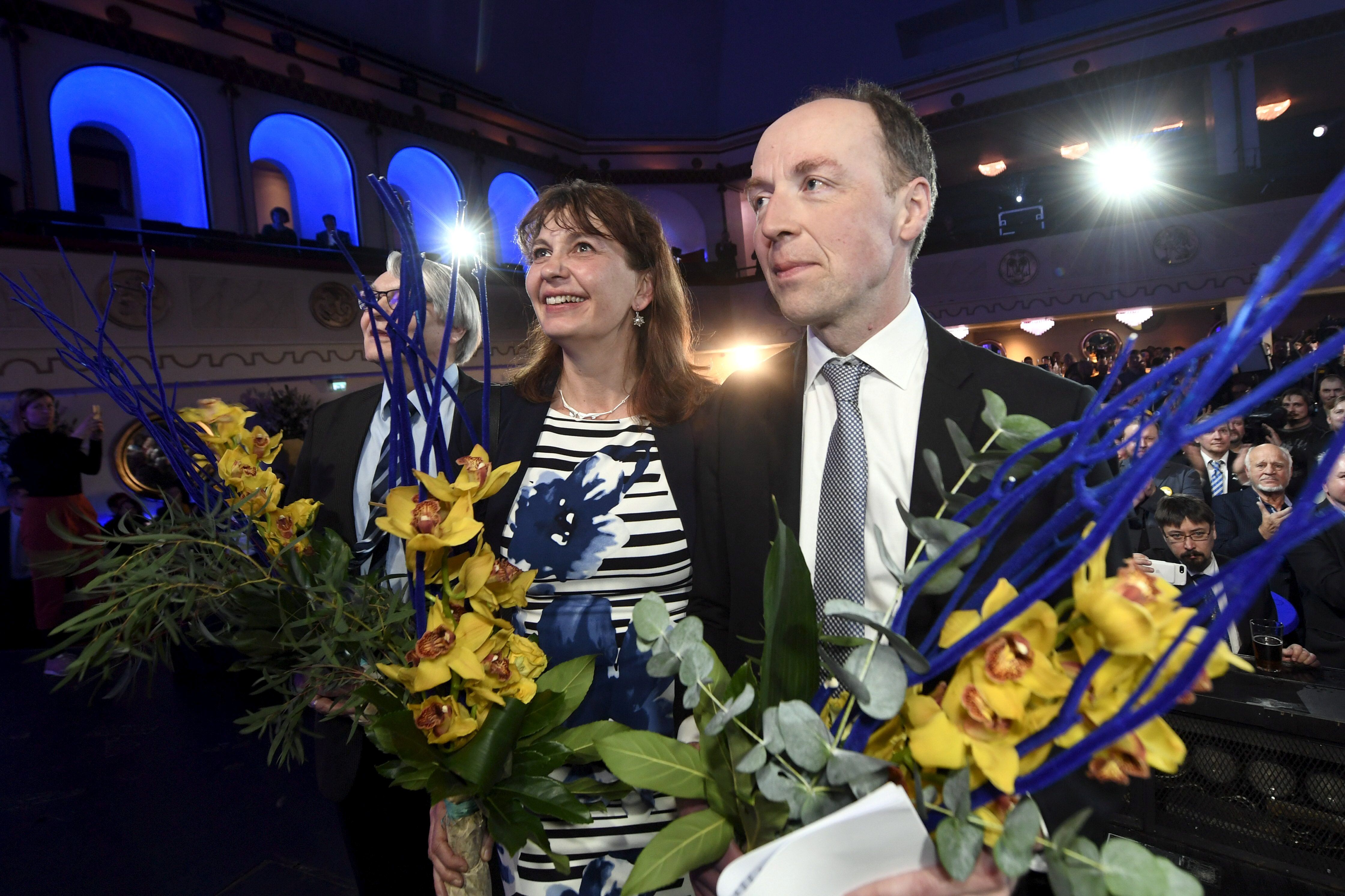April 15, 2019
Anti-immigrant rhetoric has been a political winner for populist parties across Europe in recent years, but as the flow of new asylum-seekers wanes, Finland's main right-wing outfit found a new way to win votes over the weekend.
In a national election defined largely by a polarizing debate over what to do about climate change, the euroskeptic nationalists of the Finns Party came in second place, just a hair behind the center-left Social Democrats. And they did it by taking square aim at climate policy.
Finland, of course, is on the front lines of climate change. A third of its territory lies above the Arctic Circle, where rapidly melting ice caps are transforming the environment both locally and globally.
But Finland is already one of the world's most environmentally-friendly countries, and the Finns party's message on this subject was simple: we've done enough.
Their beef isn't with climate science itself, but with policy proposals like higher fuel taxes, electric vehicle requirements, and restrictions on meat consumption that impose short-term pain for uncertain longer-term gains.
The Finns Party says these measures disproportionately hurt working people, particularly their supporters in the countryside, and scare away foreign companies that may choose to invest in other countries that impose fewer environmental restrictions.
What's more, Finns asks, why should a small country like Finland make more sacrifices to help the planet when progress depends almost entirely on actions taken by bigger polluters like China, the US, and India?
It's unclear whether the Finns Party will have a role in the next Finnish government, but the party's strong showing has drawn notice from other populist parties across the continent, which are hoping to make big gains in elections to the European Parliament next month.
The upshot: Several years on from the peak of the migrant crisis, Europe's populist parties need new campaign issues that resonate with their voters. Climate policy – which often imposes clear economic and lifestyle sacrifices while promising fewer tangible benefits – may be the next ripe issue for anti-establishment politicians across Europe.
More For You
- YouTube
Is Trump permanently redefining the American presidency? On Ian Explains, Ian Bremmer breaks down the political revolution President Trump has launched from the White House.
Most Popular
Think you know what's going on around the world? Here's your chance to prove it.
Pro-government supporters holding a Venezuela's flag attend a rally against U.S President Donald Trump in Caracas, Venezuela August 14, 2017.
REUTERS/Ueslei Marcelino
When they meet at the White House today, Venezuelan opposition leader and Nobel Peace Prize winner María Corina Machado will seek to convince US President Donald Trump that it was a mistake to back Delcy Rodríguez as interim leader of Venezuela.
© 2025 GZERO Media. All Rights Reserved | A Eurasia Group media company.
